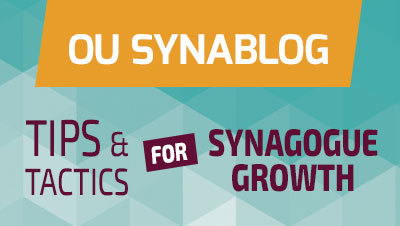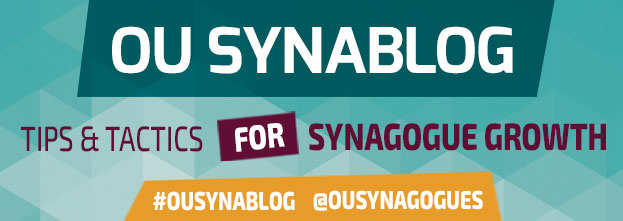Rabbi Einhorn’s SynaBlog is a new innovative blog that shares tips, tactics, strategies and best practices that enable Shul growth and promote Shul vitality.
10 Jews 47 opinions. Board meetings have a high chance of going awry, quickly. Tempers flare, egos burst, and pastrami goes flying. The key to running a great board meeting is to look at the session like a strategic conversation. There are several principles that define a “strategic conversation.”
#1 – Clarify the objective. In a post Mission Driven world, declaring our purpose is a given. Ironically not too many boards make it a point to state their intent at the outset. By framing the purpose of the board meeting side bars are kept to a minimum.
#2 – Create value via diverse perspectives. Encourage diverse and distinct outlooks and attitudes on a particular challenge facing the synagogue. Creating a monolithic approach quick immobilizes the creativity of your board.
#3 – Summarize and clarify the key take aways. Over the course of a good board meeting, some creative and useful suggestions will have been raised. Those innovative and pragmatic ideas can easily go where all good ideas go to die. Make sure the highlights are noted and reviewed.
#4 – Pick the right venue. Some places are simply more conducive to a great discussion. Think about the setting of your board meeting. Does the room stunt creativity? Is the space too big? Too cramped? These elements have a significant impact on the direction of the dialogue.
#5 – Make it a chavaya (experience). Don’t be stiff and don’t be afraid to be different. A fabulous strategic conversation required that you think about the emotional and psychological states of your participants. Have a good time. Make it memorable.
To receive the OU Synablog to your inbox, please click here to sign up.
Rabbi Shlomo Einhorn is a Musmach of Yeshiva University. He has served as the founder of WINGS a Synagogue Consulting group. Prior to moving to Los Angeles, Rabbi Einhorn was the Rabbi of Manhattan’s West Side Institutional Synagogue where he helped grow the membership by 70% over 4 years. Currently, he is the Rav and Dean of Yeshivat Yavneh.




